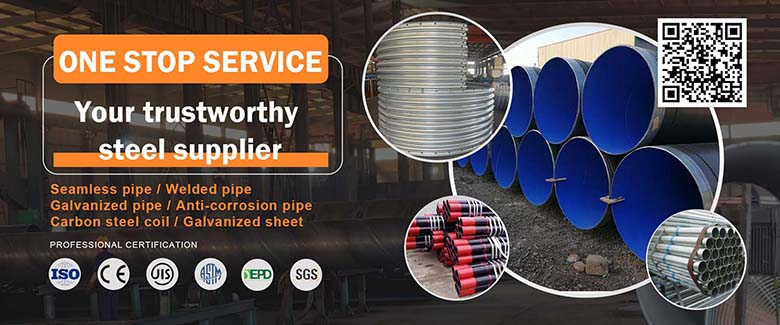Welcome to Yangtze Steel Group !
WhatsApp:+86 13863585577 E-mail : sales@yangtzepipe.com
Analysis of Aluminum Tube Advantages
In modern industrial development, aluminum tubes are increasingly becoming the material of choice across various industries due to their unique performance advantages. From automotive manufacturing to aerospace, from architectural decoration to home appliances, aluminum tubes are ubiquitous. So, what are the remarkable advantages of aluminum tubes?

Lightweight Design, Elevating Efficiency to New Heights
The most notable feature of aluminum tubing is its lightweight nature. Compared to traditional metal tubing such as copper or steel, aluminum tubing boasts lower density and lighter weight—a critical advantage in modern industries pursuing energy savings and weight reduction.
In automotive manufacturing, aluminum tubing effectively reduces vehicle weight, lowers fuel consumption, and improves energy efficiency. In aerospace, every gram of weight saved translates to reduced fuel costs and increased payload capacity. The lightweight nature of aluminum tubing has revolutionized these weight-sensitive industries.
Exceptional Toughness Ensures Processing Flexibility
Aluminum tubes exhibit outstanding toughness and malleability, meeting diverse complex processing demands. Whether subjected to bending, stretching, or other forming processes, they maintain structural integrity without cracking or fracturing. This property enables aluminum tubes to excel in applications requiring precision design and intricate connections, granting designers greater creative freedom.
High corrosion resistance extends service life
Aluminum tubes form a dense oxide layer in natural environments, effectively preventing further oxidation and providing outstanding corrosion resistance. Whether in humid marine settings or industrial environments with chemical exposure, aluminum tubes maintain stable performance, significantly extending product lifespan.
This self-protective characteristic reduces the need for surface treatments and maintenance, allowing aluminum tubing products to retain their aesthetic appeal and functionality over extended use. From a full lifecycle perspective, this offers superior economic benefits.
Superior Thermal Conductivity, Enhancing Energy Efficiency
Aluminum's thermal conductivity far exceeds that of many metallic materials, making aluminum tubes an ideal choice for heat exchange equipment. In applications such as air conditioning refrigeration, automotive radiators, and industrial heat exchangers, aluminum tubes rapidly transfer heat, significantly improving energy utilization efficiency.
Simultaneously, the thermal conductivity of aluminum tubes excels in scenarios requiring uniform temperature distribution. It ensures thermal compatibility with other connected materials, preventing issues caused by differences in thermal expansion coefficients.
Conclusion
Despite considerations such as susceptibility to deformation during heating and relatively higher costs, aluminum tubes hold an irreplaceable position in modern industrial applications due to their lightweight properties, high toughness, corrosion resistance, and excellent thermal conductivity. When selecting tubing materials, enterprises should comprehensively evaluate the usage environment, processing requirements, and performance specifications to fully leverage the inherent advantages of aluminum tubes.
With continuous advancements in materials science and processing technologies, the application prospects for aluminum tubes will expand further, unlocking greater innovation potential across diverse industries. Harnessing the advantages of aluminum tubes means seizing the initiative in future industrial development.

Aluminum pipe,Advantages of aluminum
Previous Page
Next Page
Previous Page
Next Page
RELATED NEWS
Analysis of Aluminum Tube Advantages
Aluminum tubing has become the ideal choice for replacing traditional metal pipes across multiple industries due to its comprehensive advantages, including lightweight properties, high strength and toughness, corrosion resistance, and excellent thermal conductivity.
2025
11-13
Nonferrous Metals Industry Operates Steadily in First Three Quarters
The nonferrous metals industry maintained steady growth in the first three quarters of 2025, with industrial value-added, output of major products, and corporate profits all achieving rapid growth. The industry's value-added is projected to increase by approximately 6% for the full year, while operating revenue and total profits are expected to reach record highs.
2025
11-11
Minister of Industry and Information Technology Li Licheng: The scale of industries such as steel has already reached its peak; we must continuously explore new avenues for development.
2025
10-28


